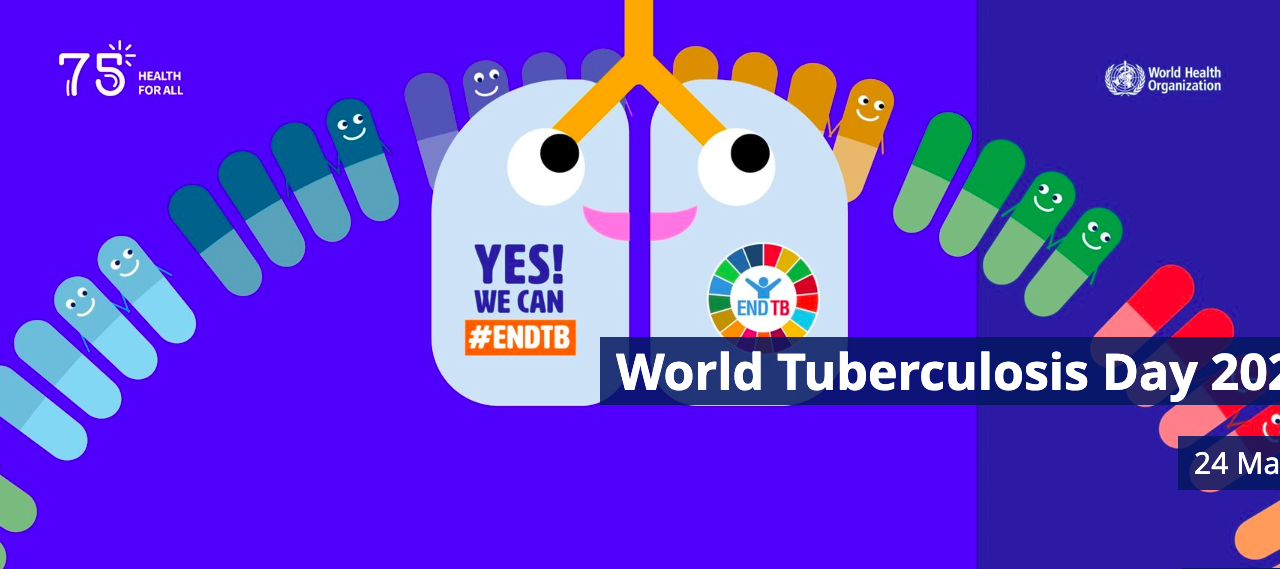India’s relentless battle against tuberculosis (TB) has witnessed a novel approach with the inception of the TB Mukt Panchayat Initiative, aiming to harness the power of local communities in the fight against this debilitating disease. While experts acknowledge its potential in curbing the spread of TB, they underscore the imperative of addressing existing gaps within the initiative.
Launched on March 24 last year, the TB Mukt Panchayat Initiative forms a cornerstone of India’s commitment to achieving the UN-mandated Sustainable Development Goal of eliminating TB by 2030, a target ambitiously accelerated to 2025 by the nation. As the world’s largest contributor to the burden of tuberculosis, accounting for approximately 27 percent of the global tally, India’s strategic initiatives in combating TB carry significant global implications.
Dr. Swathi Krishna Njarekkattuvalappil, hailing from the Department of Community Medicine at Bharati Vidyapeeth Medical College in Pune, sheds light on the essence of the TB Panchayat Initiative. “The TB Panchayat Initiative is a community engagement endeavor, leveraging the village-level local self-governance system known as the Panchayati Raj, to advance the EndTB goals,” she explained to IANS.
Gautam Menon, Dean of Research and Professor of Biology & Physics at Ashoka University, emphasizes the pivotal role of local communities in the TB control narrative. “The nationwide campaign for ‘TB Mukt Panchayat’ underscores the engagement of local communities as central to TB control,” Menon highlighted.
In a recent study published in the Lancet Regional Health – Southeast Asia, Dr. Swathi and her team delve into the intricacies of the TB Mukt Panchayat Initiative, analyzing its strides and shortcomings. The study, released on the cusp of World TB Day on March 24, offers valuable insights into the initiative’s efficacy and areas requiring refinement.
According to the study, the initiative fosters multisectoral collaboration and leverages local self-government schemes to bolster end TB activities. However, significant gaps emerge, including the absence of a periodic monitoring mechanism, panchayat-level TB surveillance data, and a robust evaluation framework.
Moreover, the study highlights an overemphasis on certification and awards within the initiative, raising concerns about potential manipulation of outcomes. Dr. Gautam underscores the importance of a holistic approach, advocating for addressing social determinants and ensuring the availability of anti-TB drugs, particularly in frontline states like Rajasthan, Madhya Pradesh, and Chhattisgarh.
Despite these challenges, experts unanimously regard the TB Mukt Panchayat Initiative as a pivotal step towards TB eradication in India. With concerted efforts to address lacunas and fortify existing frameworks, India stands poised to make significant strides in its battle against tuberculosis, ushering in a healthier and more resilient future for its populace.












